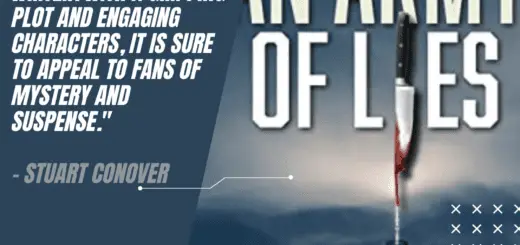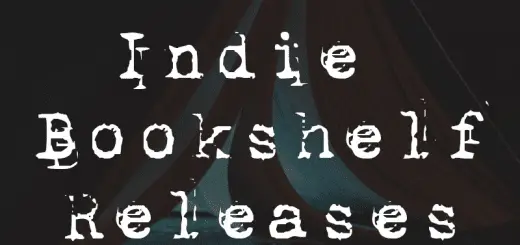How to Introduce Teen Writers to Age-Appropriate Horror Writing
 How to Introduce Teen Writers to Age-Appropriate Horror Writing
How to Introduce Teen Writers to Age-Appropriate Horror Writing
Scary movies and TV shows that appeal to teens and young adults have been around for years. Though some horror is not appropriate for younger minds, there are plenty of examples of horror in literature, movies, and TV that is generally harmless and can be a lot of fun for teens to engage with.
What Influences Are Inspiring Teens to Have an Interest in Horror?
The Goosebumps book series and TV show have been some of the most popular influences on children’s horror to this day. Many other books have even been written by authors inspired by the Goosebumps series. Other creators like Disney, Tim Burton, Laika Studios, and many more have produced scary and creepy movies, shows, and books geared toward children, teens, and young adults over the years. Examples include Coraline, Corpse Bride, The Nightmare Before Christmas, Monster House, Tales from the Crypt, The Addams Family, and Ghostbusters—just to name a few.
Having grown up with these shows and movies since a young age, and now having shows like Stranger Things, for example, it’s no surprise that teens are becoming increasingly interested in the horror genre. And if you are worried about age-appropriate horror to inspire your teen writer, all it takes is a bit of research on the internet. Aside from some of the examples listed above, countless websites list horror appropriate for teens, with ratings and detailed descriptions, so you’ll know ahead of time what they will be viewing or reading about.
How Horror and Dark Fiction Can Empower Young Readers and Writers
Horror is a unique genre because it can have some interesting effects on the brain compared to other genres. Some people, even teens, might simply love horror for the fun of the jump scares and how it gets their adrenaline pumping. But in many other ways, horror can be inspiring and empowering.
Horror can teach teens to see things in a new light and that something is perhaps not as bad or scary as it seemed. It can also work as a bonding experience. Teen girls love to have scary movie nights with their friends as it can bring them together to support one another, but it also shows them examples of strong female characters standing up for themselves and battling their fears.
Reading horror and dark fiction can also be a therapeutic experience for teens and young adults. Many of the horror books, movies, and shows available for teens are actually about much more than just providing spooks and scares. Often, they have relatable examples of traumas and fears that teens struggle with in their daily lives. Thus, horror can often teach teens how to cope with their fears and overcome their struggles, just as the characters do in the books they are reading or the shows they are watching.
How Adults Can Foster Growth and Teach Teens to Write Horror
Teaching teens how to be disciplined writers is not only a fun, creative outlet, but it can help them develop a growth mindset. Writing a story or an entire book isn’t easy. While it’s important to avoid turning the act of writing into a difficult chore that will put young writers off, helping them establish a disciplined writing schedule if writing horror is genuinely something they are interested in can help them grow up to be hard workers and better achieve their writing goals.
To encourage their writing and interest in horror, try setting time aside one day a week for the activity. You can even make a whole day or evening out of it by reading a scary story together first or watching a scary movie and then sitting down to write your own fun little scary short stories. Then, after you write them, read them to each other and offer constructive feedback.
This will show your teen that you support their interest in horror and writing and will encourage them to continue pursuing it. Additional tips to help your teen continue writing horror include
- Continually taking them to the library or bookstore and helping them find new horror books to read. The more they read, the more they will be inspired and the better writer they will become.
- Encouraging their imagination by sitting together and telling each other scary stories.
- Buying them books about how to write a story or enrolling them in creative writing classes.
- Avoiding using negative language and instead focusing on giving them positive feedback and encouragement as much as possible. However, if they are an older teen or young adult, it can be helpful to also start offering them more constructive feedback—just be mindful to still make it helpful, not critical.
- Taking them to book readings for authors of young adult horror.
- Teaching them how to brainstorm and come up with characters and plot points.
Wrapping Up
The key to teaching and encouraging your teens to write is to avoid overwhelming them and making it feel like homework or a chore. Make it a positive and fun experience that they look forward to. Encourage them to read and share scary stories with you, other family members, and their friends. And above all else, focus on giving positive feedback and words of encouragement.
- About the Author
- Latest Posts

 How to Introduce Teen Writers to Age-Appropriate Horror Writing
How to Introduce Teen Writers to Age-Appropriate Horror Writing










